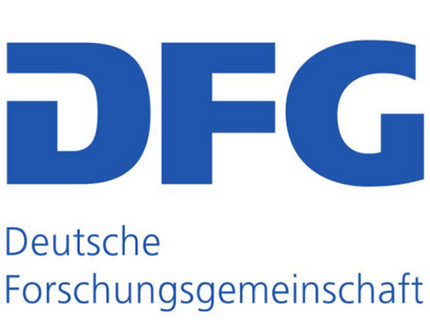Background:
Digital transformation constitutes one of the most important innovations at the local level and is expected to reshape local service delivery fundamentally. This collaborative research project (project partners: Zurich University of Applied Sciences and Vienna University of Economics and Business) systematically analyzes the state of implementation and the effects of digital transformation at the municipal level in Europe on a cross-national and comparative basis. From the University of Potsdam, two chairs (Prof. Proeller and Prof. Kuhlmann) are involved in this project as separately funded cooperation partners.
Main research question:
- What are the dynamics of digital transformation in European local governments?
- What are the effects of digital transformation in European local governments?
The main research question investigates:
The first research question deals with the dynamics, i.e., the scale and pace, of the digital transformation of European local governments. To what extent is there radical/rapid, revolutionary or gradual/slow, evolutionary change, and how or why do these dynamics differ from a cross-country and cross-municipality perspective?
The second research question addresses the (un)intended effects of digitalization in terms of outputs (services, organization, processes and personnel), outcomes (performance, accountability) and impacts (public acceptance, governance, new cleavages). The independent variables include influencing factors at the macro level (institutional characteristics of local government systems), meso level (internal organization and processes) and micro level (actor strategies, interests, motives).
Research objective:
The aim of the research project is to generate coherent, cross-national and comparative knowledge about the state of digitization in European local governments using a methodological triangulation approach consisting of web crawling, standardized longitudinal surveys and case studies. In this way, existing research gaps in the field of digital transformation will be closed by adding a local perspective to the growing number of studies on digitalization at the national level of government.

